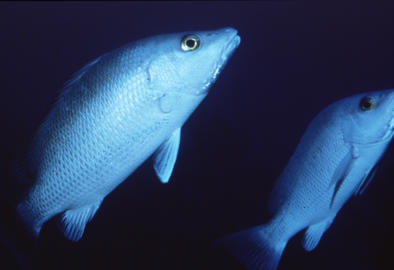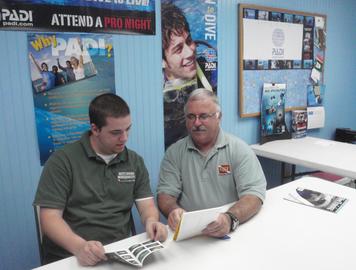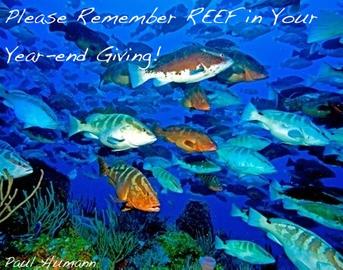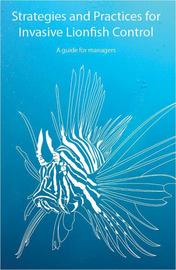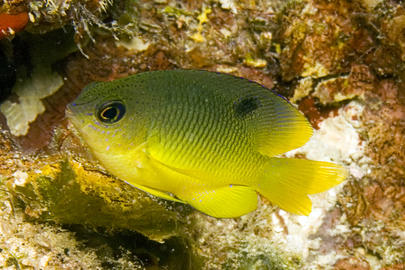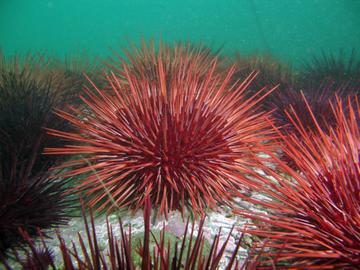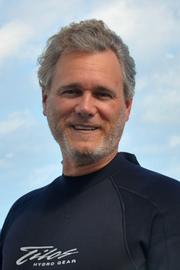Climate change is expected to cause a poleward shift of many temperate species, however, a better understanding of how temperature and species' life histories interact to produce observed adult range is often lacking. REEF data were featured in a new publication on this topic in the scientific publication, Journal of Experimental Marine Biology and Ecology.
REEF is proud to partner with over 270 dive shops, dive clubs, individuals, and other organizations as REEF Field Stations. For more information on how to find one near you, or to become a Field Station in your area, visit the Field Station Directory.
Happy Holidays! On behalf of the Board of Directors and staff at REEF, I urge you to show your support of our crucial marine conservation programs, which resulted this year in important long term victories.
$672 CAD per person, double occupancy. Includes: 3 days of diving (up to 8 dives), tanks and weights, 3 nights of lodging, all meals starting with breakfast on the 26th through lunch on the 28th, r/t transportation from Port Alberni, and use of kayaks. Divers will be picked up in Port Alberni at 4pm on the 28th (bring your own dinner to eat in transit) and will be returned to Port Alberni on October 1st at 4pm. Additional fees: Nitrox is available for an additional fee (must arrange at least 3 weeks prior to trip).
Climate change is expected to cause a poleward shift of many temperate species, however, a mechanistic understanding of how temperature and species' life histories interact to produce observed adult range is often lacking. The authors evaluated the hypothesis that juvenile thermal tolerance determines northern range in gray snapper (Lutjanus griseus), a species commonly caught as juveniles along the US Atlantic coast well north of their adult distribution, using a combined laboratory, field and modeling approach.
REEF is excited to announce the release of Invasive Lionfish: A Guide to Control and Management. Available as an e-book to view and/or download (formatted for desktop and mobile devices), this extensive manual was created to aid coastal managers and field workers in effectively managing the invasive lionfish problem.
Our Webinar team is at it again! New Fishinars continue to be added, and upcoming sessions include a California Critters series, plus several on Caribbean fish families (including those pesky Damsels)! Check out the Webinar Training page (www.REEF.org/resources/webinars) for the most up-to-date listing. These popular online training sessions provide fishie fun in the comfort of your own home. Fishinars are free, and open to all REEF members. You need to register for each session you want to attend.
Every month, scientists, government agencies, and other groups request raw data from REEF’s Fish Survey Project database. Here is a sampling of who has asked for REEF data recently and what they are using it for:
- A National Research Council post-doctoral fellow is using REEF sightings data on manta and mobula to evaluate global populations of these at-risk species.
- A researcher is evaluating fish distribution and abundance data from south Florida to be included in a NOAA document used to respond to oil spills.
REEF members are at the heart of our grassroots marine conservation programs. Over 43,000 divers, snorkelers, students, and armchair naturalists stand behind our mission.

